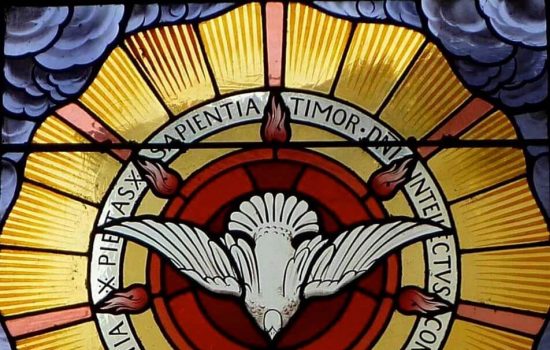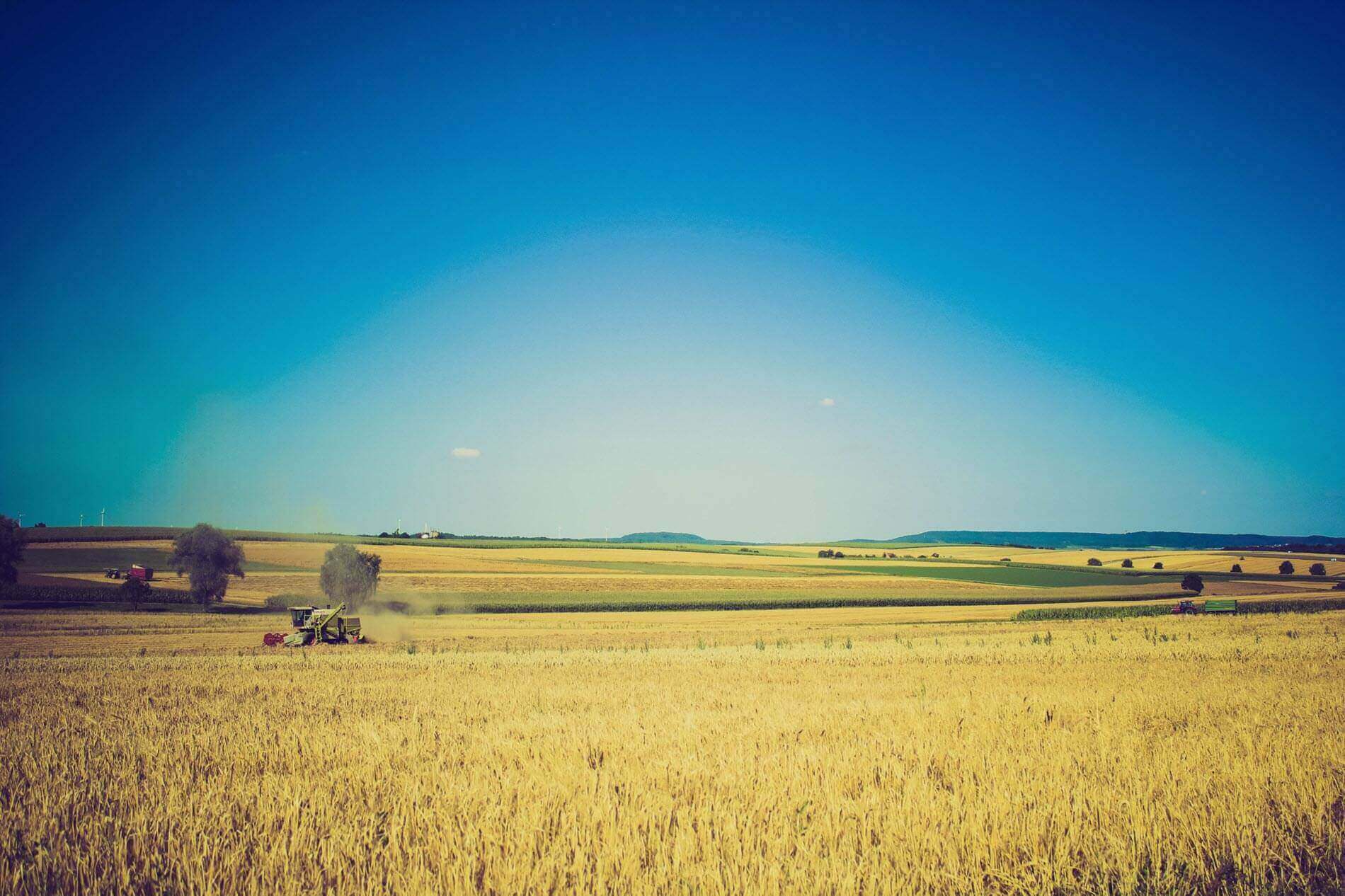Pentecost forever
The next two months have an abundance of feasts and festivals. We celebrate solemnities of the Ascension, Pentecost, the Most Holy Trinity, Corpus Christi, and the Sacred Heart of Jesus. Those great feasts are followed by the Solemnity of the Nativity of Saint John the Baptist and the Solemnity of Saints Peter and Paul. On the Monday after Pentecost, we have the Memorial of the Blessed Virgin Mary, Mother of the Church. While that is a lot to celebrate, I would like to focus on Pentecost when Christians celebrate the coming of the Holy Spirit.
Pentecost comes from the Jewish festival of Shavuot which translates “weeks.” Shavuot takes place fifty days after the first day of Passover. One of the three pilgrimage festivals ordained by Scripture (Ex 23:14-17), it was originally an agricultural festival celebrating the beginning of the wheat harvest and the bringing of first fruits to the Temple in Jerusalem. Shavuot developed into a commemoration of the single most important event of Jewish historseay: the giving of the Torah on Mount Sinai. Thus, it also recalls the covenant based on the Torah that God made with the Jewish people.
Pentecost is celebrated on the Sunday fifty days after Easter. The name comes from the Greek word for “fiftieth.” The story of the first Pentecost is found in Acts 2:1-11. The apostles were gathered for Shavuot when the Holy Spirit descended on them. The Spirit came with the sound of a very strong wind, and it appeared as tongues of fire. Inspired by the Holy Spirit, the apostles found themselves speaking in foreign languages. People passing by at first thought that they must be drunk, but Peter told the crowd that the apostles were full of the Holy Spirit.
The coming of the Spirit to those gathered together on that day is regarded as the birthday of the church and the beginning of its mission to the world. The Spirit came with gifts that allowed the followers of Jesus to proclaim the Gospel to the world.
Pentecost is a happy festival. Ministers in church often wear robes with red designs as a symbol of the flames in which the Holy Spirit came to earth. This is a day when catechumens who were unable to be received at Easter are brought fully into the Church. Many receive the Sacrament of Confirmation on this day or during this season. On this day, we remember the gifts we have all received in the Holy Spirit, gifts given so that we may be of service to the church and to strengthen the bonds of unity that make us one in Christ.
May the Spirit of God make us one indeed, partners in grace and sharers of the Spirit!
Pentecostés siempre
Pentecostés no es una fiesta inventada por los cristianos. Era ya una fiesta judía, la fiesta de la Alianza, de la entrega de la Ley que suponía un pacto entre Dios y su pueblo. Fecha estelar en la historia de Israel, en la que aflora la conciencia de unidad del pueblo bajo el caudillaje de Yahvé, rey eterno.
Nuestro Pentecostés actual es la fiesta de la plenitud de la Redención, de la culminación cumplida y colmada de la Pascua. Desde el mismo nacimiento de la Iglesia el Espíritu de Dios desciende incesantemente sobre todos los cenáculos y recorre todas las calles del mundo para invadir a los hombres y atraerlos hacia el Reino.
Pentecostés significa la caducidad de Babel. El pecado del orgullo había dividido a los hombres y las lenguas múltiples eran símbolo de esta dispersión. Perdonado el pecado, se abre el camino de la reconciliación en la comunidad eclesial. El milagro pentecostal de las lenguas es símbolo de la nueva unidad.
Pentecostés es “día espiritual”. Cuando el hombre deja de ver las cosas solo con mirada material y carnal, y comienza a tener una nueva visión, la de Dios, es que posee el Espíritu, que lleva a la liberación plena y ayuda a vencer nuestros dualismos, los desgarramientos entre las tendencias contrarias de dos mundos contradictorios.
Desde Pentecostés la vida del creyente es una larga pasión que abre profundos surcos en la existencia cotidiana. En estos surcos Cristo siembra la semilla de su propio Espíritu, semilla de eternidad, que brotará triunfante al sol y a la libertad de la Pascua definitiva, al final de la historia, en la resurrección de los muertos.
Pentecostés es la fiesta del viento y del fuego, nuevos signos de la misma realidad del Espíritu. El viento, principio de fecundidad, sugiere la idea de nuevo nacimiento y de recreación. Nuestro mundo necesita el soplo de lo espiritual, que es fuente de libertad, de alegría, de dignidad, de promoción, de esperanza. El símbolo del fuego, componente esencial de las teofanías bíblicas, significa amor, fuerza, purificación. Como el fuego es indispensable en la existencia humana, así de necesario es el Espíritu de Dios para calentar tantos corazones ateridos hoy por el odio y la venganza.















